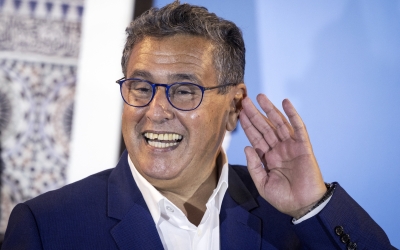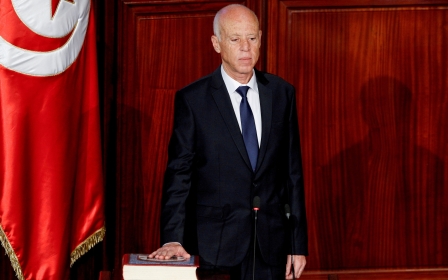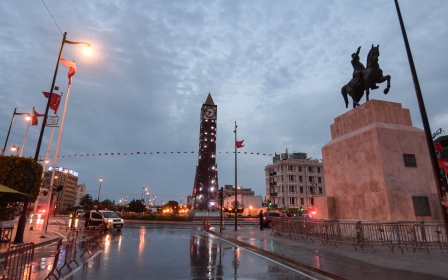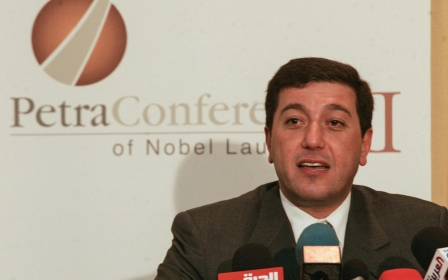Arabic press review: Tunisian president ignoring parliament, says opposition
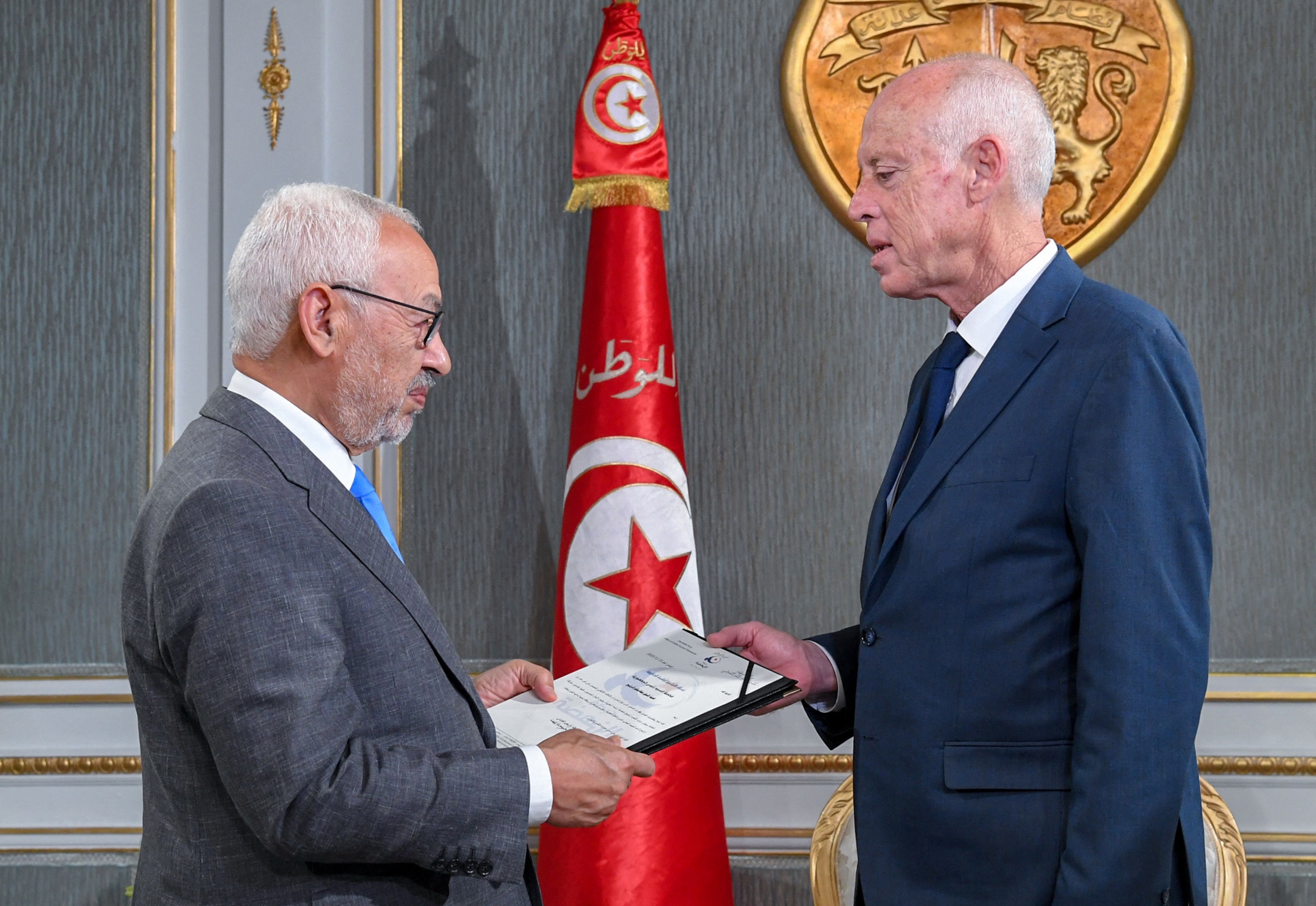
Tunisia's Kais Saeid 'freezing' out parliament
Parliament speaker and head of Tunisia's largest party, Rached Ghannouchi, said there had been no contact between parliamentarians and President Kais Saeid since 25 July, the day he announced extraordinary measures and dissolved parliament.
Speaking to Arabi21, Ghannouchi said there needed to be dialogue in order to resolve the deadlock Tunisia found itself in.
"The state cannot operate properly in the absence of a legitimate government and the freezing of the work of the parliament," he said.
He added that with regards to corruption cases - which Saeid had promised to tackle following the July power grab - Ghannouchi said they needed to be entrusted to the Tunisian judiciary, away from political influences.
New MEE newsletter: Jerusalem Dispatch
Sign up to get the latest insights and analysis on Israel-Palestine, alongside Turkey Unpacked and other MEE newsletters
"The measures taken by Saeid represent alarming developments that signal the return of practices that we believed had gone away with the authoritarian regime, such as the travel ban on a number of parliamentarians and businessmen and imposing house arrest, which is a violation of the freedoms and rights guaranteed by the constitution and all international covenants and laws," he added.
Casablanca calling - the rise of Morocco's female mayors
Female mayors are now in charge of three major cities in Morocco, reported Al-Quds Al-Arabi newspaper.
Asmaa Rhlalou assumed the position of mayor in the capital, Rabat, and Nabila Al-Rmili assumed the position in Casablanca, the largest city in Morocco, and Fatima Zahra Al-Mansouri assumed the position of mayor in Marrakech.
Rmili was elected to the role by a coalition of the three highest-ranking parties in the 8 September elections in Casablanca. She is the first woman to hold the position, succeeding Abdelaziz el-Omari.
Morocco's general elections ended with a major loss for the ruling Justice and Development Party, winning only 12 seats in parliament after it previously held 125 seats.
One million Jordanians at risk of poverty
Almost one million Jordanians are at risk of slipping below the poverty line, according to the Jordanian newspaper, Al-Ghad.
In Jordan, everyone who lives on less than 100 dinars per month ($140) is considered poor, Al-Ghad reported.
In 2017, official statistics showed that the number of people living in Jordan reached 1.03 million, making up 15.7 percent of the total population.
The government in Jordan said that the poverty rate reached 15.7 percent in 2017, of which 0.8 percent spend less than 43 dinars per month ($60) per person, while 8 percent spend between 43 and 86 dinars per month ($120) per person.
In Jordan, there are currently 825,000 people (12.5 percent of Jordanians) who have spent between 100 and 130 dinars per person per month since 2017, who are are now at risk of living in poverty, as they face severe economic pressures, partly as a result of the Covid-19 pandemic.
The World Bank said it expected a possible 11 percent increase in the poverty rate in Jordan, from 15.7 percent to 26.7 percent.
Saudi campaign to boycott Lebanon
Saudi activists have launched an online campaign to boycott Lebanon, according to a report published by the Al-Khaleej website, which monitors the news of the Arab Gulf states.
The campaign coincides with the Saudi authorities' announcement to thwart four drug smuggling attempts into the kingdom.
Activists launched the hashtag (#Popular_campaign_to_boycott_
Saudis stressed the importance of participating in the boycott campaign, because it defended the security and safety of the kingdom, according to the report.
Saudis encouraged their fellow citizens to participate extensively in the boycott and not to buy any Lebanese products, no matter how important it was, while the tweeters demanded the owners of companies dismiss the Lebanese employees and replace them with others from the kingdom.
Middle East Eye delivers independent and unrivalled coverage and analysis of the Middle East, North Africa and beyond. To learn more about republishing this content and the associated fees, please fill out this form. More about MEE can be found here.


